This article was co-authored by Rebecca Levy-Gantt, MPT, DO. Dr. Rebecca Levy-Gantt is a board certified Obstetrician and Gynecologist running a private practice based in Napa, California. Dr. Levy-Gantt specializes in menopause, peri-menopause and hormonal management, including bio-Identical and compounded hormone treatments and alternative treatments. She is also a Nationally Certified Menopause Practitioner and is on the national listing of physicians who specialize in menopausal management. She received a Masters of Physical Therapy from Boston University and a Doctor of Osteopathic Medicine (DO) from the New York College of Osteopathic Medicine.
There are 7 references cited in this article, which can be found at the bottom of the page.
wikiHow marks an article as reader-approved once it receives enough positive feedback. This article has 70 testimonials from our readers, earning it our reader-approved status.
This article has been viewed 5,823,563 times.
There are ways to shorten, lighten, or even stop your period, depending on your needs. Always consult your doctor first, but if you want some ideas to try, read on.
Steps
Slow or Stop Your Flow
-
1Take Ibuprofen. Take one dose three or four times a day, being careful not to exceed the maximum dosage for any 24-hour period. For most people, this will help mitigate the pain of a period, and can reduce flow.[1] However, some people find that ibuprofen stops their period altogether.[2]
- While Ibuprofen has very few side effects, it is possible to overdose. Consult your doctor before taking large amounts of ibuprofen or using it for an extended period of time.
-
2Drink a lot of water. This will flush things through your body faster and can help lighten your flow. [3]Advertisement
-
3Drink vinegar. Mix two teaspoons of apple cider vinegar into a cup of water. Drink this home remedy three times a day for best results. [4]
-
4Drink gelatin. Mix a packet of gelatin with water and drink it quickly. This can stop your period for about three hours.[5]
-
5Eat a lot of fruits and vegetables. Eating healthily is always better for you, but consuming more fruits and vegetables than normal can lighten your period and make it easier on you.
- Green beans in particular have been shown to help lighten or stop your period.
- Some people also find that sucking on a piece of lemon can temporarily stop their period.[6]
-
6Use herbal remedies. Angelica root, tea made from fresh or dried raspberry leaves, lady mantle, garden sage, and shepherd's purse are all thought to help stop or lighten menstruation.[7]
-
7Use menstrual cups to hide your period. Menstrual cups fit just above the cervix and, like tampons, prevent any fluid from escaping. However, where a tampon absorbs blood, a menstrual cup simply catches it. You can leave one in place for up to twelve hours, effectively hiding -- and for all intents and purposes stopping -- your period for that time.
Speed Up Your Flow
-
1Get some heat. Heat encourages the "fluids" to leave your body faster. Apply a heat pack to your abdominal area.
-
2Massage your uterus area. This will help reduce the pain of cramps, and it encourages your body to literally 'get things moving'. You might prefer to do this in the comfort and privacy of your own bathroom or bedroom.
-
3Have sex. Orgasmic contractions will push the fluids out of your body faster, helping you get through your period more quickly. Make sure both you and your partner are okay with the possibility of things getting a little messy first. Lay a towel down under you or have sex in the shower to minimize mess and clean-up.
Long-term Options
-
1Discuss a long-term option with your doctor. To stop periods for around 2-3 months, you can get an injection called Depo-Provera. This is an injected that you receive on a regular basis from your GP.
- There are surgical options available to permanently stop periods. These include a hysterectomy, the removal of the womb, and endometrial ablation, the removal of the endometrial lining of the uterus. These surgeries can be dangerous and can make pregnancy complicated or impossible, so consult a doctor before deciding to undergo surgical options.
-
2Get fit. Exercise is vitally important in general, and being physically fit will make your periods shorter and lighter. This is a great way shorten your period in a way that's sustainable and even beneficial over a long time.
-
3Use birth control. Birth control pills often call for 21 days of contraceptive pills followed by a week of placebo pills. You will get your period during that one week. Hormonal contraceptives are a safe and effective way to regulate your menstruation, especially for those who suffer painful or excessively heavy periods.[8]
- If you need to skip a period, you can do so by simply skipping the placebo pills and continuing with the actual contraceptives. This can have unpredictable or unpleasant side effects, so consult your doctor before doing so.
- Oral contraceptives are available by prescription only. Discuss your needs with your doctor before and during your time on the pill.
Warnings
- Misunderstandings about your period can be dangerous. Consult your doctor before you try anything unfamiliar or you're unsure of, and always ask your doctor for advice or reliable information about your period.⧼thumbs_response⧽
- Never take any period stopping pills unless they have been prescribed by a doctor. Continuing use of period delaying tablets after the expected or recommended stopping time can severely damage your body.⧼thumbs_response⧽
References
- ↑ Rebecca Levy-Gantt, MPT, DO. Board Certified Obstetrician & Gynecologist. Expert Interview. 3 April 2020.
- ↑ http://www.theaccessproject.org/does-ibuprofen-stop-your-period/
- ↑ http://www.theaccessproject.org/make-period-end-faster/
- ↑ https://pubmed.ncbi.nlm.nih.gov/23666047/
- ↑ http://www.med-health.net/How-to-Stop-Your-Period.html
- ↑ http://www.theaccessproject.org/does-lemon-stop-your-period/
- ↑ http://www.simple-remedies.com/home-remedies/menstrual-problems/stop-menstruation-cycle-naturally.html
- ↑ Rebecca Levy-Gantt, MPT, DO. Board Certified Obstetrician & Gynecologist. Expert Interview. 3 April 2020.
- ↑ Rebecca Levy-Gantt, MPT, DO. Board Certified Obstetrician & Gynecologist. Expert Interview. 3 April 2020.
About This Article
To stop your period early, take 1 dose of Ibuprofen 3-4 times a day. You can also drink lots of water and eat more fruits and vegetables to lighten your period and possibly make it stop early. To help speed up your period so it ends faster, gently massage your uterus area and apply heat to your abdomen. For a more long-term solution, talk to your doctor about getting on birth control or trying hormone injections. Read the article to learn other home remedies you can use to stop your period early, like drinking tea and vinegar!


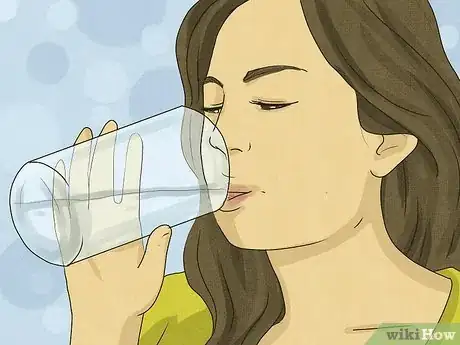
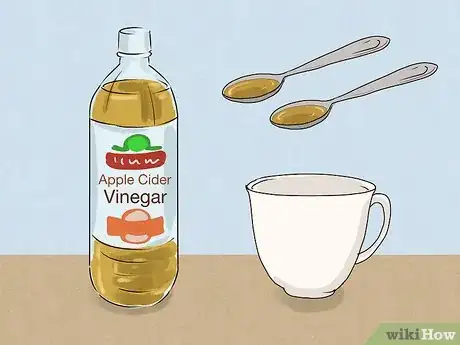
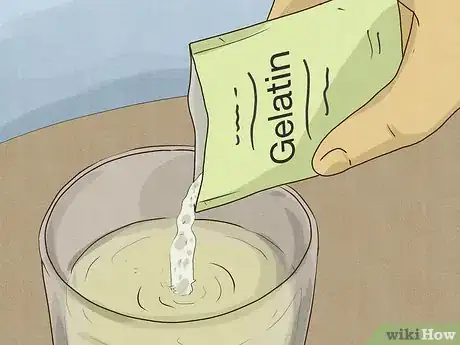
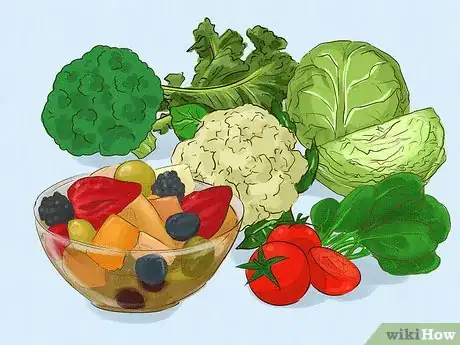
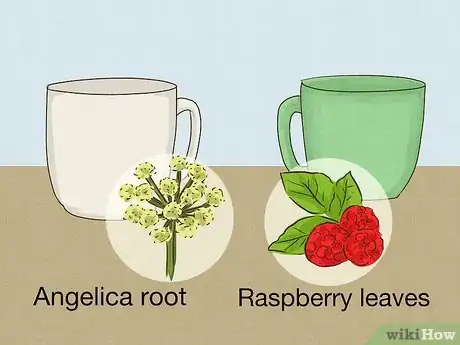
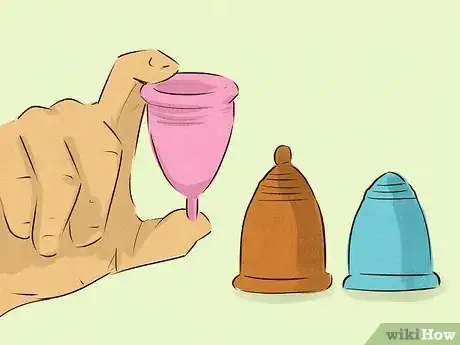
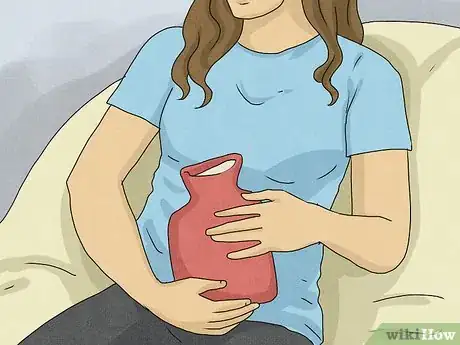
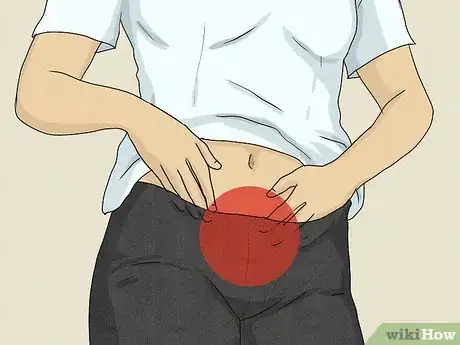

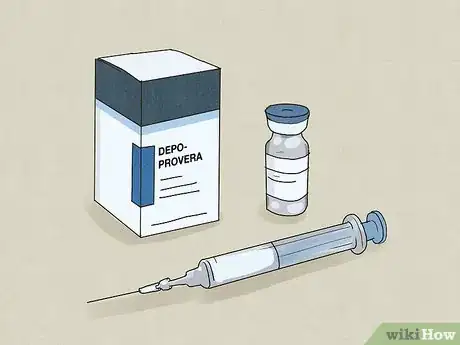
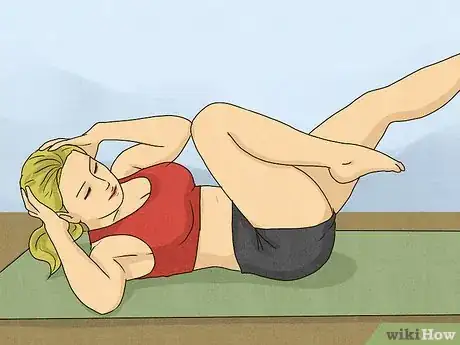
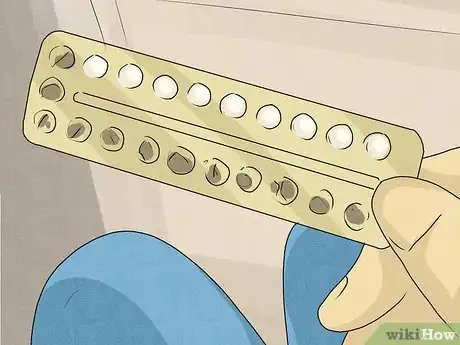
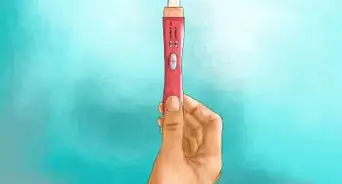
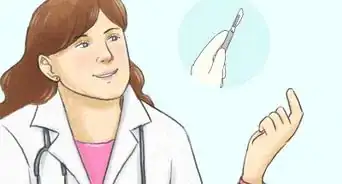
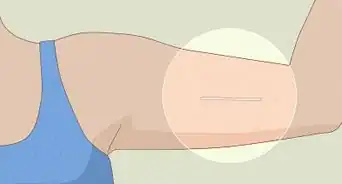

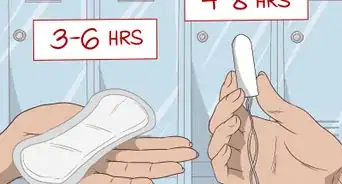
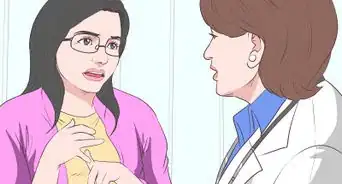
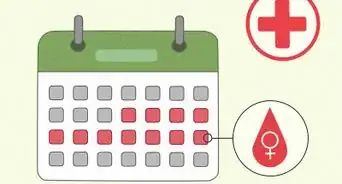
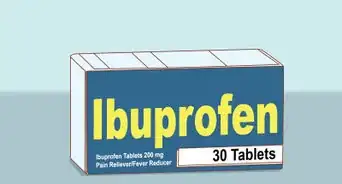

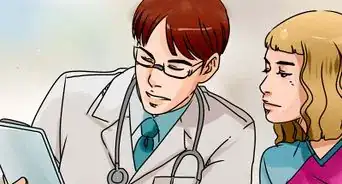
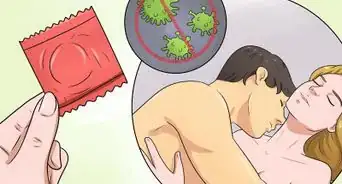
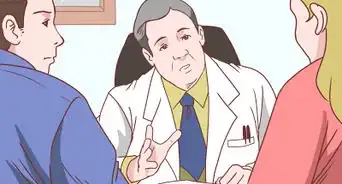
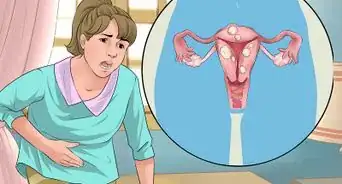
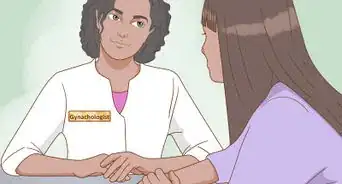









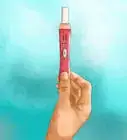
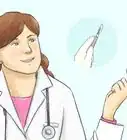
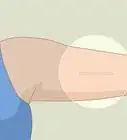




































Medical Disclaimer
The content of this article is not intended to be a substitute for professional medical advice, examination, diagnosis, or treatment. You should always contact your doctor or other qualified healthcare professional before starting, changing, or stopping any kind of health treatment.
Read More...